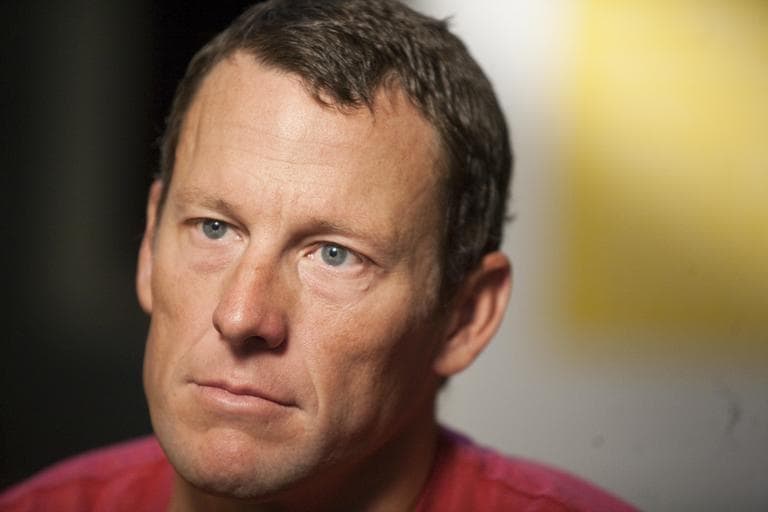Advertisement
The Science Of Lying
Resume
Lance Armstrong spilling the beans to Oprah got Boston Globe reporter Joseph Kahn thinking about lying. About why we lie. How we lie. And what it says about the human condition that so many of us lie so often. Kahn wrote about it in the paper and will join us in a moment to talk about the science of deception.
But first, let's be honest. We all know liars. We've all lied. But few of us will ever get into the Liars Hall of Fame with the likes of Bernie Madoff, Richard Nixon, James Frey, Jayson Blair, Bill Clinton, and — now — Lance Armstrong.
Lying about doping for more than a decade is a big lie. But the mechanics are the same for small lies too. The grease for all of it — is rationalization.
Guests
- Joseph Kahn, staff writer for the Boston Globe, you can find his piece on lying here.
- Robert Feldman, Dean in the College of Social and Behavioral Sciences and professor of psychology at the University of Massachusetts. He's the author of The Liar in Your Life: The Way to Truthful Relationships.
More
- Boston Globe Armstrong case reflects lesson about human behavior
- U.S. News & World Report We're All Lying Liars: Why People Tell Lies, and Why White Lies Can Be OK
This segment aired on January 22, 2013.